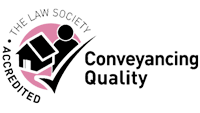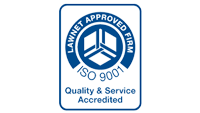It has long been unlawful to refuse to employ someone because of his or her trade union membership. However, in a ground-breaking decision, a tribunal has extended that protection to non-union members who have engaged in union activities (Jet2.com Limited v Denby).
The case concerned an airline pilot who had sought to persuade his employer to recognise a trade union, of which he was then a member, for collective bargaining purposes. His suggestion was rejected in expletive-laden terms by the airline's executive chairman during a heated conversation.
The pilot subsequently left his job but, about six years after the conversation, he applied to resume employment with the airline. He passed every stage of the selection process, but was ultimately refused employment. He suspected that this was linked to his past union activities.
An Employment Tribunal subsequently found that the decision not to employ him had been taken by the executive chairman, who had not forgotten about the conversation and his animus towards the trade union. The sole reason why the pilot's application did not succeed was his past union activities. The ruling opened the way for the pilot to seek compensation – including for injury to his feelings – in respect of the airline's contravention of Section 137(1)(a) of the Trade Union and Labour Relations (Consolidation) Act 1992 (TULRCA).
In challenging that ruling before the Employment Appeal Tribunal (EAT), the airline pointed out that the pilot was no longer a member of the union when his job application was rejected. However, in dismissing the appeal, the EAT found that it is not only card-carrying union members who enjoy protection under TULRCA Section 137(1)(a).
Taking a broad, purposive view of the provision, the EAT found that the concept of membership encompasses non-members who have performed union activities or advocated union rights. Parliament would not have intended to exclude those in the pilot's position from protection. Furthermore, Section 137(1)(a) also had to be interpreted in the light of Article 11 of the European Convention on Human Rights, which enshrines the right to freedom of assembly and association.



